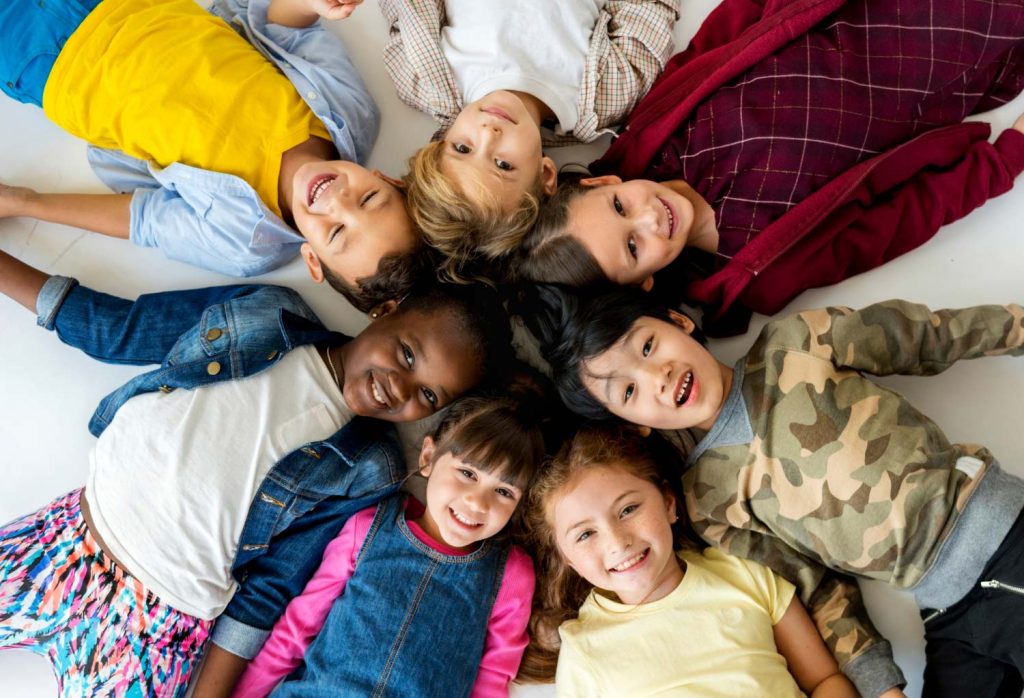5 Ways To Strengthen Kids Emotional Health And Happiness

Children develop emotional health – and a sense of who they are as a person – during their early childhood years. If this foundation is not well laid, it can have long-term impacts on cognitive and physical development and their sense of well-being.
Three main factors play an essential role in how well kids can manage their emotions, gain perspective, and develop resilience.
These factors include having close relationships with their parents, receiving appropriate parenting, and having strong social and emotional skills.
Parents can do a lot to help children develop emotional well-being. Parents can teach kids to identify and manage their emotions. They can also ensure that they give their kids enough attention from a secure base.
When parents are a source of warmth and unconditional love, kids usually develop a positive attitude toward life.
How can you strengthen your child's emotional health? These tips can help:
A busy schedule can sometimes make it hard for parents to spend quality time with their children. However, making time for open conversation and fun activities will help your children connect with you.
● Spending time with your children and having honest discussions about their feelings will help them understand their emotions. They will also feel like an essential part of the family unit.
● Of course, making time doesn’t mean it should be a dull experience. Make it fun! Play a game, cook together, or do something you enjoy.
Being good at feelings means your child will know how to recognize what emotions they are feeling and handle them appropriately.
● When your child begins to notice their own emotions, they are more likely to share their feelings and ask for help. That promotes a more positive relationship between you and your child.
● Many children don’t know how to process feelings properly. They shut down when angry because they assume happy feelings are good and sad feelings are wrong. With help, your child can learn that emotions are normal and healthy.
Labeling your child means you are telling them they are only capable of feeling certain types of emotions.
● When you label your child, they will feel like they belong in a box and can’t escape it. Words like “lazy” and “stupid” make your child feel inadequate, and he doesn’t want to belong in that “stupid” box.
● Rather than label them when you administer discipline, let them know that it’s the behavior that is the problem and not them as individuals.
Children who watch too much television are more likely to develop problems with aggression and feelings of insignificance.
● Encourage your child to spend time outdoors to build self-confidence and self-esteem while promoting positive feelings.
● Teaching them to be optimistic and value positive experiences rather than negative ones will help them handle life’s challenges healthily. Also, this training will come in handy later in life when they face setbacks and disappointments.
Kids need to know that life isn't always easy. They know life can be full of stress, sadness, and grief.
● But when they accept these emotions rather than run from them or suppress them, they learn to take responsibility for their feelings and reactions.
● Many children find it difficult to cope with stress, anxiety, depression, or grief because they don’t find out how to deal with challenges until they’re already grown up.
● Reminding your child that it’s okay to feel sad or scared will help them form positive coping abilities.
It’s essential to do everything you can to
help your kids feel better. Learn what your child’s feelings are, how they
should handle them, and think about ways you can strengthen your relationship
with them.
Your child’s emotional health can be a continual source of strength, optimism, and growth. The more you invest in helping them grow emotionally, the easier they will manage life’s struggles as they get older.

Connect in our forums, or message your friends and other home educators in your very own groups.



The ultimate family hub for holistic education and practical homeschooling. Access hundreds of resources designed to make educating children fit into your lifestyle.
All resources are based upon the deeper life teachings children need. Suitable for homeschooling and extra curricular activities for children in the school system.
- Walton Farm Barn, Much Wenlock, Shropshire. TF13 6PW
- [email protected]
Designed & Developed with ♥ by BoostYourBusiness | Copyright © 2002-2022
